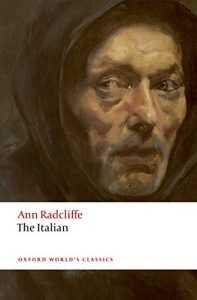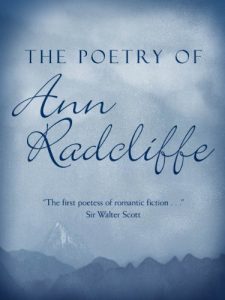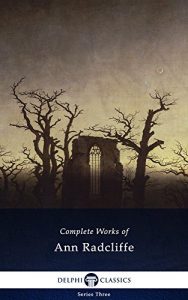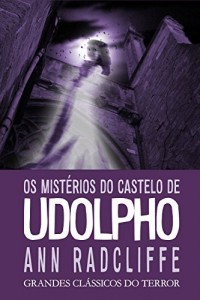'Among his associates no one loved him, many disliked him, and more feared him.'
Father Schedoni is enlisted by the imperious Marchesa di Vivaldi to prevent her son from marrying the beautiful Ellena. Schedoni has no scruples in kidnapping Ellena and in undertaking whatever villainy will further his own ends. His menacing presence dominates a gripping tale of love and betrayal, abduction and assassination, and incarceration in the dreadful dungeons of the Inquisition. Uncertainty and doubt lie everywhere, in Radcliffe's last and most unnerving novel.
Ann Radcliffe defined the 'terror' genre of writing and helped to establish the Gothic novel, thrilling readers with her mysterious plots and eerie effects. In The Italian she rejects the rational certainties of the Enlightenment for a more ambiguous and unsettling account of what it is to be an individual - particularly a woman - in a culture haunted by history and dominated by institutional power. This new edition includes Radcliffe's important essay 'On the Supernatural in
Poetry', in which she distinguishes terror writing from horror.
Father Schedoni is enlisted by the imperious Marchesa di Vivaldi to prevent her son from marrying the beautiful Ellena. Schedoni has no scruples in kidnapping Ellena and in undertaking whatever villainy will further his own ends. His menacing presence dominates a gripping tale of love and betrayal, abduction and assassination, and incarceration in the dreadful dungeons of the Inquisition. Uncertainty and doubt lie everywhere, in Radcliffe's last and most unnerving novel.
Ann Radcliffe defined the 'terror' genre of writing and helped to establish the Gothic novel, thrilling readers with her mysterious plots and eerie effects. In The Italian she rejects the rational certainties of the Enlightenment for a more ambiguous and unsettling account of what it is to be an individual - particularly a woman - in a culture haunted by history and dominated by institutional power. This new edition includes Radcliffe's important essay 'On the Supernatural in
Poetry', in which she distinguishes terror writing from horror.











